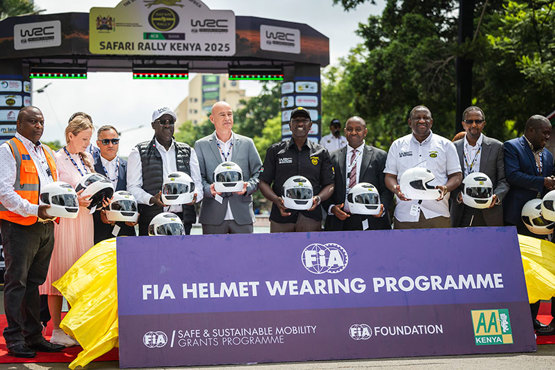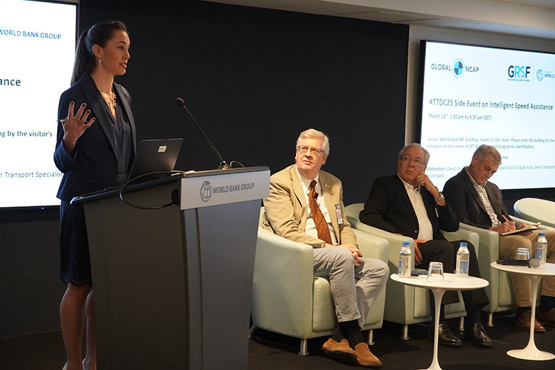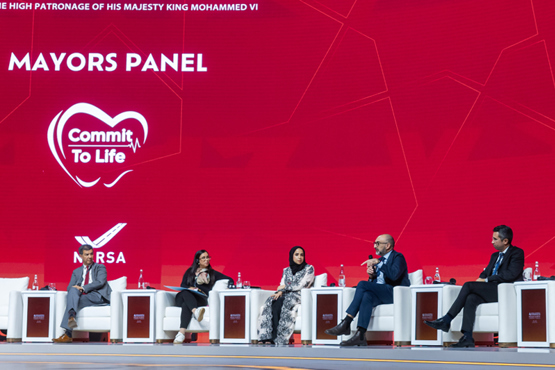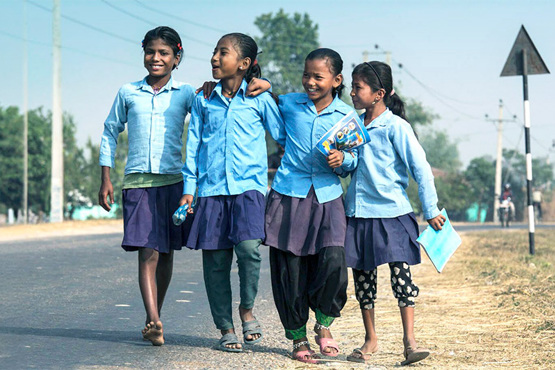UNEP engages with stakeholders to build a sustainable transport future in African Cities
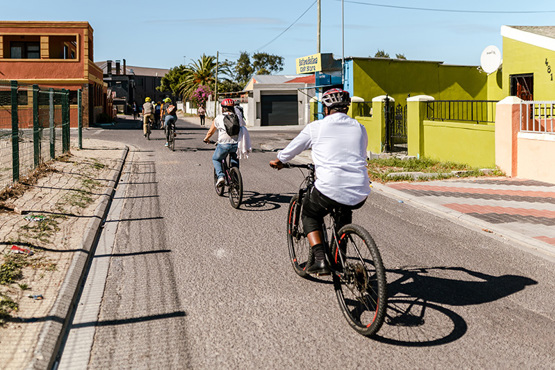
The UN Environment Programme has engaged over 1,000 stakeholders to develop an action plan to raise the profile of and increase investment in active mobility in Africa.
The Pan-African Action Plan for Active Mobility (PAAPAM) aims to bring together governments and other stakeholders from all African countries to agree on the critical actions to promote and protect active mobility over the next decade, putting people and the planet at the centre of transport decision-making and investment.
One billion people walk or cycle for almost an hour every day in Africa to access work, home, school, and other essential services. Yet, the continent lacks safe infrastructure for walking and cycling, and the growing level of motorisation is increasing emissions and worsening air quality. Infrastructure tailored for people who walk and cycle improves access to essential services and lays the groundwork for vibrant, inclusive, and liveable cities.
Studies indicate that facilitating safer walking and cycling presents a swift, cost-effective, and dependable means to cut emissions from this sector by 50%, not to mention the benefits for physical activity, public transport, and road safety.
Just 19 of 54 African countries, however, currently have a policy for walking and cycling, underscoring the need to raise awareness and increase investments in infrastructure and advocacy efforts.
Examples of good practice already exist across the continent. In Ethiopia, the aim is to double the number of protected cycle lanes in Addis Ababa by implementing the Cycle Network Plan, which aligns with the broader Non-Motorised Transport Strategy developed in partnership with UNEP. Rwanda has committed to prioritising walking and cycling in their Nationally Determined Contributions (NDCs). Through its Share the Road programme, supported by the FIA Foundation, UNEP enlisted the expertise of the Institute for Transportation and Development Policy (ITDP) to support the Rwandan government in developing the non-motorised transport (NMT) elements of the National Transport Policy (NTP).
“PAAPAM will act as a framework to fast-track the urgently needed basic investments in active mobility. We have wonderful examples of best practices on the continent. However, there is still much more that needs to be done by a multitude of stakeholders,” says Carly Gilbert-Patrick, UNEP’s Team Lead for Active Mobility, Digitalisation and Integration.
Throughout 2024, UNEP, in partnership with UN-HABITAT and other partners, will continue engaging with stakeholders through regional workshops, training, and networking events to finalise the action plan for walking and cycling, ensuring that it aligns with local and national priorities across the continent.
The first of several regional masterclasses and consultation workshops was held in South Africa in partnership with UN-Habitat, FIA Foundation, University of York, University of Cape Town, Africa Transport Research Conference, and High Volume Transport Programme (HVT). The two-day event included discussions on financing, integrated transport systems, infrastructure development, inclusive and climate-resilient sustainable mobility, and a workshop on PAAPAM. Participants also took part in a road safety site visit and organised bicycle ride through Khayelitsha township; one of the largest and fastest-growing townships in South Africa.
Oliva Nalwadda, FIA Foundation Africa Regional Coordinator, said: “While there are countless words synonymous with ‘urgent,’ the need for sustainable mobility in Africa is a call to action that cannot be overstated.”
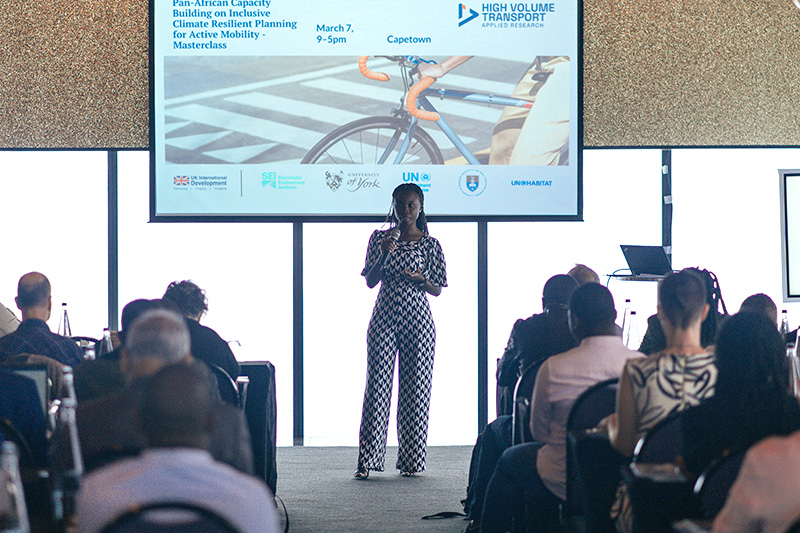
Consultative sessions will be held in the Western, Northern, Central, and Eastern regions of Africa, culminating in the launch of the action plan in November at the World Urban Forum 2024 in Cairo, Egypt.
Join the Pan African Action Plan for Active Mobility: Sub-regional consultation series running between 23 July and 12 September 2024.
